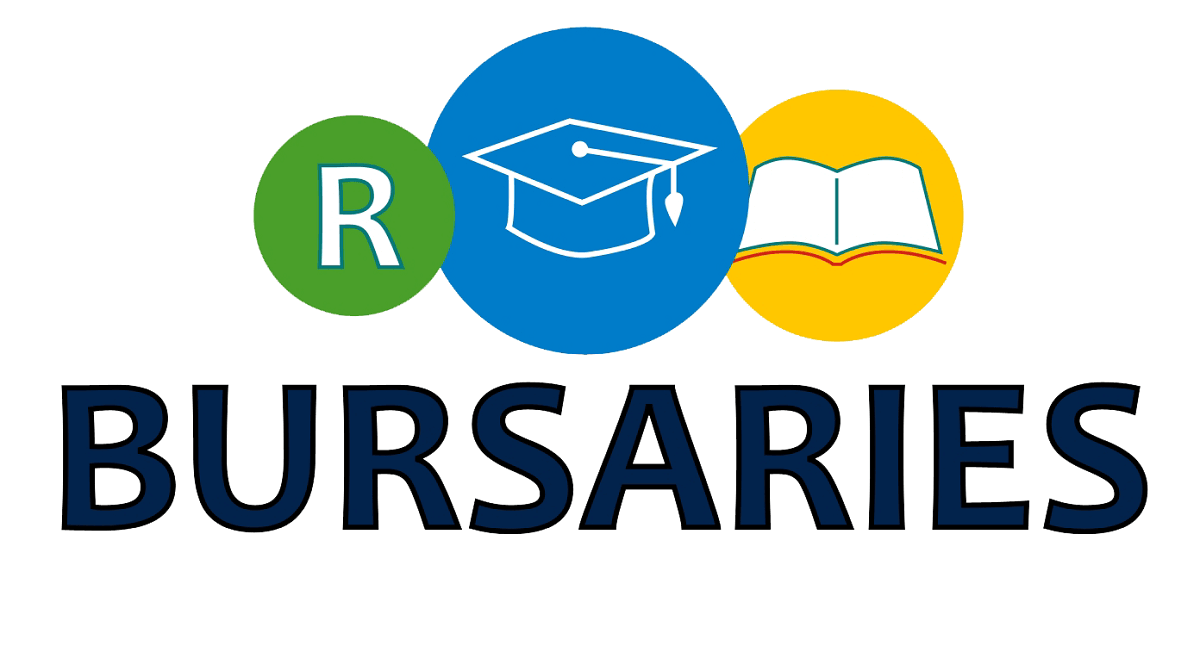If you’re a student or parent exploring ways to fund your education, you’ve probably come across the terms bursary and scholarship. At first glance, they may seem the same because both provide financial support for studies. But the truth is, they are not identical. Each has its own meaning, eligibility criteria, and requirements.
In this article, we’ll unpack the key differences between bursaries and scholarships in simple, conversational language. By the end, you’ll not only understand what makes them unique but also know which one is better suited for your academic journey.
What is a Bursary?
A bursary is a type of financial assistance offered to students who cannot afford to pay for their studies. It is usually awarded based on financial need rather than just academic achievement.
Bursaries are quite common in South Africa and are often funded by:
- Government departments
- Private companies
- Universities and colleges
- Non-profit organizations
For example, companies in sectors like engineering, mining, healthcare, and finance often provide bursaries to students in exchange for working for them after graduation.
Key features of bursaries:
- Awarded based on financial need.
- Sometimes require students to work for the sponsoring company after graduation.
- May cover tuition, books, accommodation, and living costs.
- Focuses more on helping students from disadvantaged backgrounds.
What is a Scholarship?
A scholarship is financial aid given to students primarily based on merit. This means it usually rewards academic performance, leadership skills, sports achievements, or community involvement. Unlike bursaries, scholarships are not always tied to financial need.
Scholarships are often funded by:
- Universities
- Government bodies
- Private institutions
- International organizations
For example, prestigious scholarships like the Allan Gray Orbis Foundation Fellowship or the Mandela Rhodes Scholarship reward outstanding academic excellence and leadership qualities.
Key features of scholarships:
- Awarded based on merit (academics, sports, leadership, or arts).
- Does not usually require repayment or post-study work commitments.
- Recognizes and rewards talent and achievement.
- Opens doors to local and international opportunities.
Main Differences Between a Bursary and a Scholarship
Here’s a simple breakdown of the differences to make things clearer:
| Feature | Bursary | Scholarship |
|---|---|---|
| Basis of Award | Financial need | Merit (academic, sports, leadership, arts) |
| Funding Sources | Companies, government, NGOs, universities | Universities, foundations, international organizations |
| Obligations | May require working for funder after graduation | Usually no obligation |
| Coverage | Tuition, books, accommodation, living costs | Tuition, sometimes includes living costs |
| Target Group | Students from low-income households | High achievers or talented individuals |
In short: bursaries help students in financial need while scholarships reward students for their achievements.
Why Companies and Institutions Offer Bursaries and Scholarships
You may wonder, why would a company or institution give out free money? The reasons differ slightly between bursaries and scholarships:
- For bursaries: Companies invest in future employees. By funding a student’s education, they ensure they have skilled graduates who can work for them later.
- For scholarships: Institutions want to reward excellence and attract top talent. For example, universities compete for the best-performing students, and offering scholarships is a way to bring them in.
This mutual benefit is why these programs remain so popular.
Which One Should You Apply For?
The answer depends on your personal situation:
- If your family struggles financially and you need support, a bursary is the best option.
- If you are an academic high achiever, talented athlete, or strong leader, then a scholarship might be perfect for you.
It’s also possible to apply for both. Some students may qualify for a bursary because of financial need and also secure scholarships based on merit.
Advantages of a Bursary
- Accessibility: Helps students from disadvantaged backgrounds access education.
- Comprehensive support: Covers more than just tuition, often including accommodation and living expenses.
- Career opportunities: Many bursaries lead to guaranteed employment after graduation.
👉 Learn more about career-focused funding in our post on Ekapa Apprenticeship South Africa 2025.
Advantages of a Scholarship
- Recognition: Being awarded a scholarship boosts your credibility and achievements.
- No work-back obligation: Unlike many bursaries, you’re free to choose your career path after studies.
- Global opportunities: International scholarships can open doors for studying abroad.
Common Misconceptions
Many people confuse bursaries and scholarships. Here are some common myths clarified:
- Myth 1: Both are only for smart students.
Not true. Bursaries focus on financial need, not just grades. - Myth 2: Scholarships are only for academics.
False. Many scholarships are for sports, arts, and leadership too. - Myth 3: If you get a bursary or scholarship, everything is free.
Not always. Some only cover tuition, while others cover living costs as well.
How to Improve Your Chances of Getting One
Whether you apply for a bursary or scholarship, here are some tips to increase your chances:
- Start early – Applications have deadlines, so don’t wait until the last minute.
- Prepare documents – Have your ID, transcripts, proof of income, and reference letters ready.
- Write a strong motivation letter – Show why you deserve the funding.
- Research widely – Look at multiple options locally and internationally.
Final Thoughts
The difference between a bursary and a scholarship boils down to need versus merit. A bursary supports those who cannot afford education, while a scholarship rewards outstanding achievements. Both play a critical role in ensuring more students can access higher education and achieve their dreams.
If you’re planning your studies in 2025 and beyond, take the time to research all available options. Whether you qualify for a bursary, a scholarship, or both, remember that funding is out there—you just need to go after it.
For the latest updates on bursaries, scholarships, and student funding opportunities, keep visiting Bursaries Mzansi.


























































